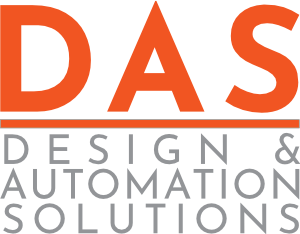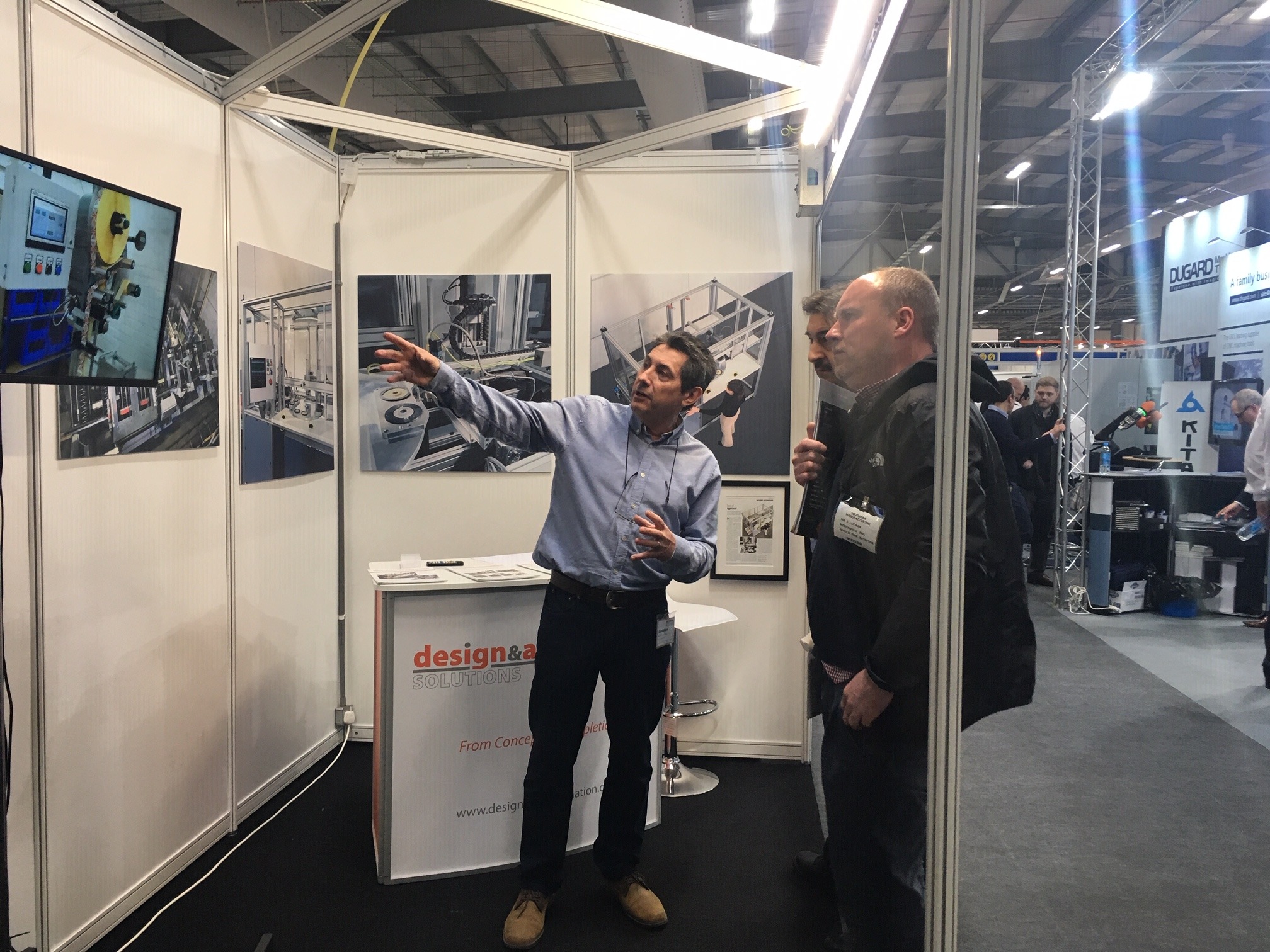We’re starting to see an uptake in the use of industrial robots here in the…
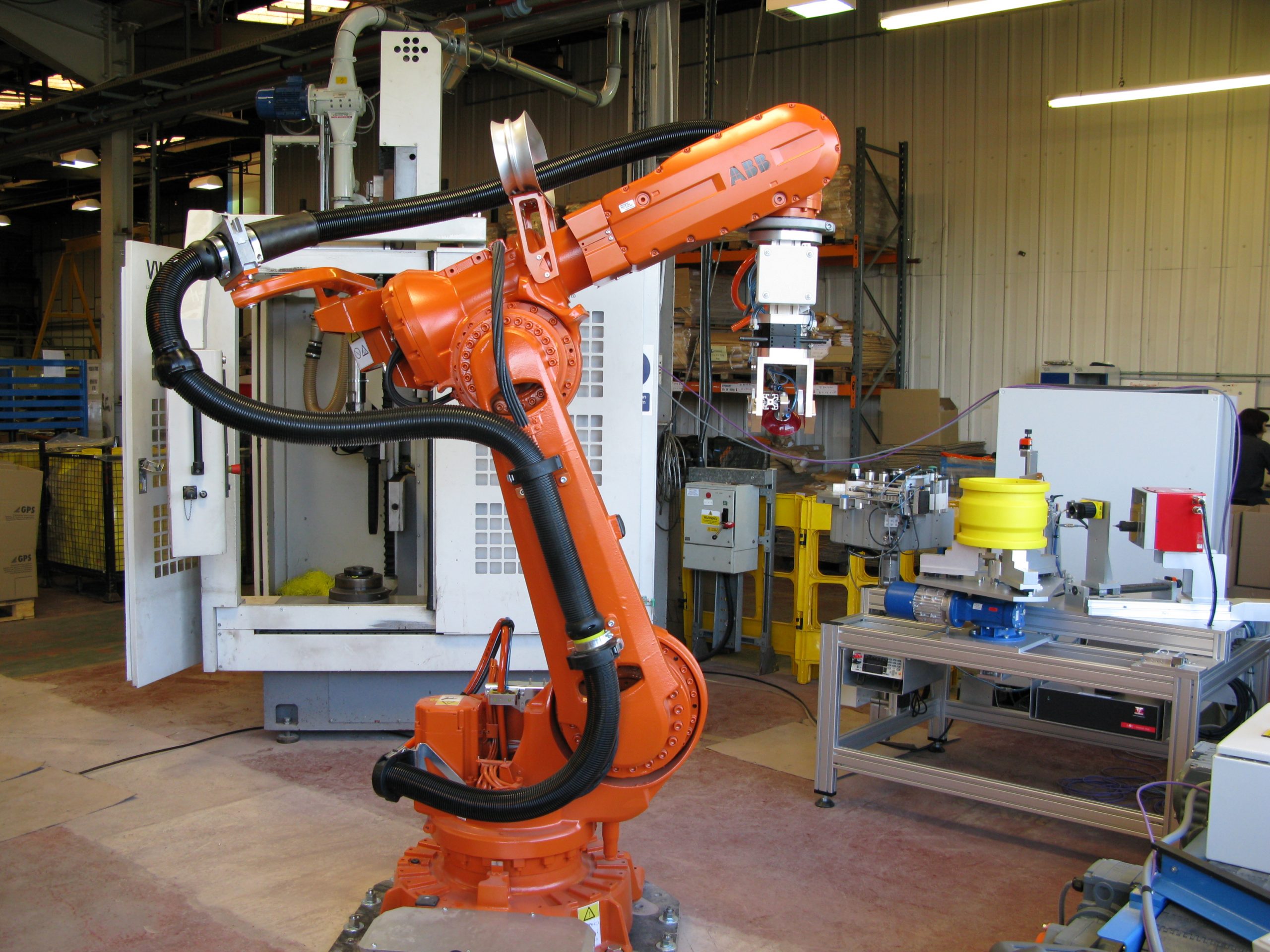
7 Reasons to Automate
There are many reasons for automating – rarely is it just for one. Over our 35 year automation history, we have picked up a thing or two and here is a summary of the common main reasons why businesses opt for automation.
1. Reduce staff costs

On one project; 10 packaging machines, replacing 10 operators per machine, gave a headcount saving of 100 operators and improved quality. Almost any repeated process can be recreated by a machine and using a machine for these monotonous tasks has been shown to lower your staff turn-over as well as total number of staff required. Automation is therefore great for reducing staff costs whilst maintaining or increasing production capacity.
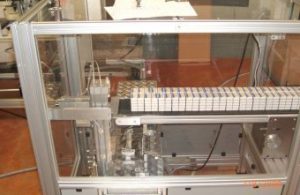
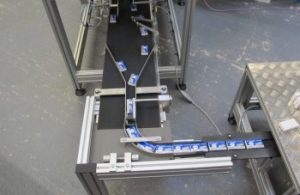
2. Make up for skills shortages
It is becoming increasingly difficult to employ somebody to complete the complex/tedious tasks required for many production procedures. With less people willing to learn niche skills, or undertake the ‘boring’, there is an ever decreasing pool of people to choose from. Automation can help you fill these skill deficits and allow you to continue to produce your products.
3. Improve quality and repeatability


Machines repeat the same motion with incredible accuracy and consistency. This is especially important with hard to handle materials which require high levels of precision i.e. adhesives and sealant beads. The addition of inspection equipment ensures any product that doesn’t meet your standards is rejected and overall product quality can be monitored. The combination of accurate movements and inspection systems means automated solutions significantly improve your products.
4. Increase production capacity
Machines are faster, more reliable and can work for much longer than humans, they are therefore not only more productive but far more consistent. The predictable nature of automation also helps when forecasting production. This, in turn, reduces the number of components wasted due to bad procedure and helps you improve the efficiency of your production line.
5. Reduce health and safety concerns
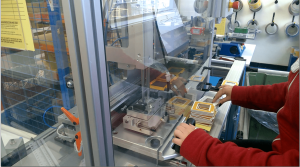
Manufacturing processes can be dangerous and the repetitive nature of many of the tasks makes humans susceptible to repetitive strain injury. Extensive safety training is therefore required to keep people safe during production. The inert nature of machines also makes them ideal for toxic material handling. The built-in safety features and reduced need for human interaction means automated machines make your factory a far safer place to work.
6. Industry 4.0
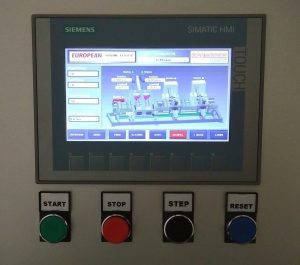
The 4th industrial revolution will have a big impact on almost every manufacturing business no matter their size. The data which machines collect can now be transferred anywhere in the world to other machines or databases and vice-versa. That data can then be processed by humans, or ever increasingly AI, to improve the performance of any process that’s industry 4.0 ready. This means fewer defects, less waste and more efficient production line.
7. Cost effective
When you factor in the above reasons it’s clear to see that machines provide a fantastic return on investment, our personal record is 6 weeks from delivery to break even – due to labour savings. Typically an automated solution will pay for itself in 12-24 months and will keep running for 10+yrs. By automating now you can save yourself thousands in the future.
Whatever your reasons
You can pick which apply to your business and weigh up your automation options. When deciding whether to automate I would always remember that automated machines are much faster, more accurate, safer to operate, increase your profitability, improve product quality and are very cost effective. If you are still not convinced, want more detailed answers to the above reasons or would just like to chat about automation in general, please get in touch!
